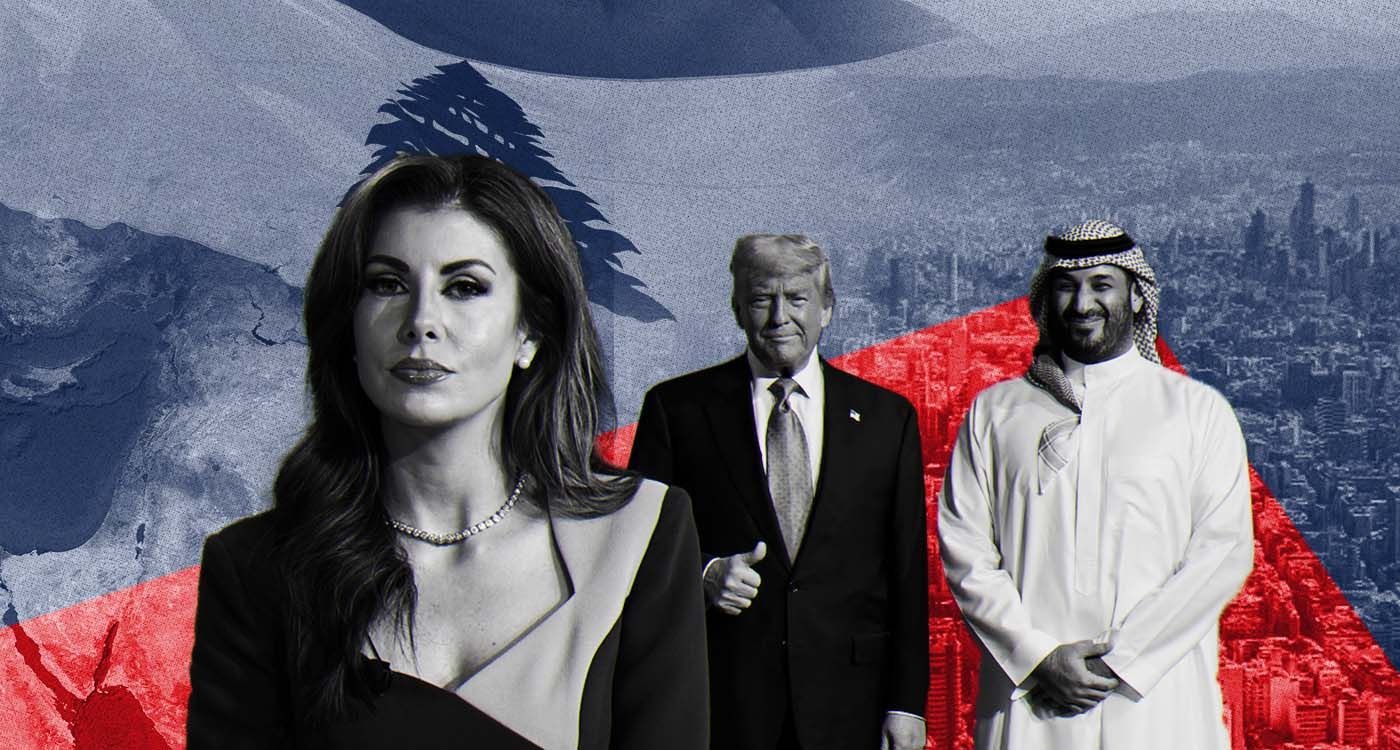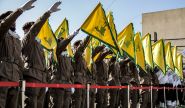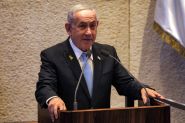- Home
- Middle East
- New Middle East US Foreign Policy Shifts Put Lebanon at a Crossroads

©This is Beirut
As Lebanon finds itself at a crucial juncture, the implications of recent US diplomatic maneuvers cannot be overstated. As the US focuses more on its relationships with Sunni Gulf states, tensions with Iran are on the rise, changing the complex political dynamics in Lebanon. These changes come at a time when Iran's influence appears to be diminishing, while Gulf states are gaining confidence thanks to strong US support and investments.
Accountability and Disarmament
Morgan Ortagus, the Deputy Special Envoy to the Middle East, highlighted the urgency of the situation, saying, “We will continue to hold accountable those who support Hezbollah funding and operations, ensuring that their influence does not grow unchecked.” This emphasis suggests that Lebanon should take significant steps, especially around the disarmament of Hezbollah.
The recent agreements between the US and Saudi Arabia, along with significant regional investments, suggest a potential realignment that could leave Lebanon at a disadvantage. Former Assistant Secretary of State David Schenker pointed out the high stakes involved, remarking, “Incredible opportunities are within reach for this region. If we can simply stop the aggression from a small group of bad actors.” This highlights Lebanon's great challenges as it attempts to find its way through these uncertain times.
As the geopolitical landscape changes swiftly, Lebanon is under increasing pressure. Schenker further stressed the importance of addressing regional security concerns to foster broader diplomatic efforts, stating, “Safety and dignity for the Palestinian people is imperative, and that begins with the removal of Hamas.” This draws attention to the tangled relationships that characterize Middle Eastern politics.
Landmark Visit and Realignment
President Donald Trump's recent trip to Saudi Arabia, Qatar and the United Arab Emirates showcases these evolving alliances. His visit featured grand receptions and key economic agreements, signaling a significant shift in US priorities in the region. Trump's push for initiatives that connect Gulf sovereign wealth funds with the American tech sector—particularly in artificial intelligence and semiconductors—suggests an investment strategy that could reshape the region's economy for years to come.
During this landmark visit, Trump noted, “The gleaming marvels of Riyadh and Abu Dhabi were not created by the so-called nation-builders... but by the people of the region themselves... charting your destinies.” This comment indicates a shift from traditional US foreign policy, leaning instead toward promoting commercial growth rather than chaos and division.
In the political arena, Trump's tour strengthened Saudi Arabia's role as a leading diplomatic figure among Sunni nations, complicating Lebanon's situation as neighboring countries reconsider their relationships with Beirut. The potential normalization of ties between Saudi Arabia and Israel—contingent upon resolving the Gaza crisis—could further shift regional alliances and increase pressure on Lebanon to rethink its diplomatic approach.
As these events unfold, Brian Katulis from the Middle East Institute emphasizes the interconnectedness of the challenges faced, stating, “These are not just foreign policy challenges, they are fundamentally linked to the economic and security interests of the United States.” He advocates for thoughtful US engagement in the region, especially given the complexities at play and the urgent need to tackle the Israeli-Palestinian conflict.
Lebanon stands delicately positioned in this shifting regional order. Its leaders must approach this complex landscape with swift strategic foresight and adaptability. It's a moment that calls for action and resilience—Lebanon must carve its own future in this rapidly changing geopolitical environment.
Read more




Comments